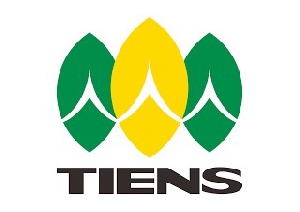Business News of Monday, 20 February 2017
Source: GNA
Businessmen urged to adopt strategic selling methods
Pastor Stephen Akwasi Opuni, the Regional Network Manager of the Tianshi Group of Ghana, has urged businessmen and women in Bawku, in the Upper East Region, to adopt strategic selling methods to sell their products.
That, he said would help them improve their businesses and maintain their customers.
Pastor Opuni said selling values such as patience, respect to the customer, good customer care, understanding the interest of the customer, truthfulness and loyalty were core ingredients that would encourage customers to always patronise their goods.
He said good sanitation practices which included clean environment, personal hygiene and creating good interpersonal relationships with people would also help in attracting the customer to develop the interest of buying their products.
Pastor Opuni made the call at a two- day training workshop for members of the Tianship companies, which go by the acronym TIENS, at Bawku, to update businessmen and women on their selling skills.
The workshop was also aimed at taking the participants through a transformational system that would help them to discipline themselves and move them to achieve their business dreams.
He said TIENS was a Chinese food supplement company, which dealt directly in selling, using the Multi-Level marketing system.
He said the company’s focus was on producing products that would promote good health and help the people involved in selling the products to make money.
He said the company had been operating in the country for the past 16 years with a vision to improve the health of the people and eliminate poverty from the country.
Mr Abdulai Seidu Bugnaba, a distributer of the TIEN products and a participant said about 5,000 people from the Bawku Area Branch had benefited from the programme and urged all to take the programme seriously since it could transform their lives and promote quality livelihood for them and their communities.
Entertainment










